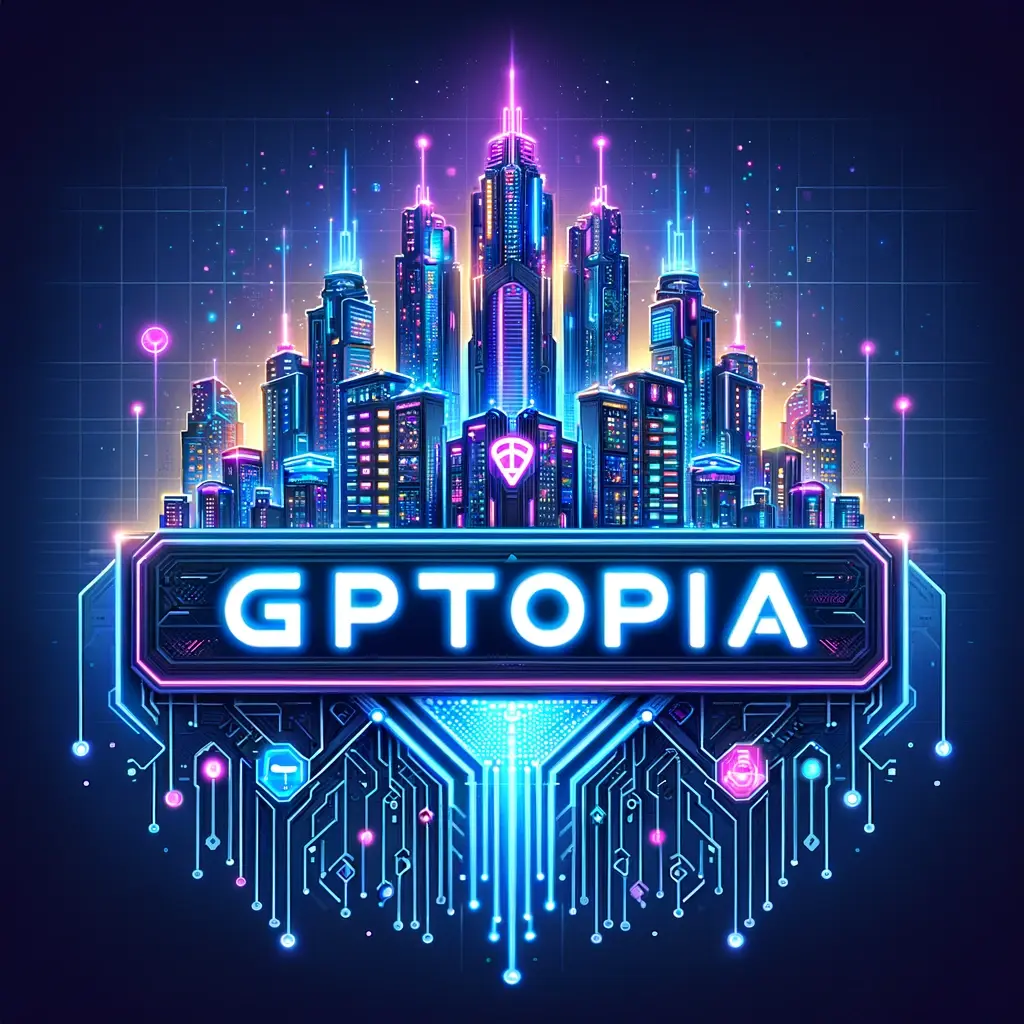complete article index can be found at
https://ideabrella.com/papers/articles
The Long-Term Impact of AI Language Prediction: Homogenization of Thought ZEN 💡 @ThisIsMeIn360VR · Jun 12 Imagine a world where the collective influence of AI language models gradually homogenizes our ways of thinking and expressing ideas. This is not a distant dystopian future but a plausible outcome of our increasing reliance on predictive text technologies. While these advancements offer numerous conveniences, they also pose significant risks to the uniqueness of human expression and creativity. The Risk of Homogenization At the core of predictive text technology is the principle of probability. AI models suggest the next word based on what is statistically most likely to follow, derived from vast datasets of human language. While this enhances efficiency, it also nudges everyone toward the same, most common expressions. Over time, this could lead to a homogenization of language, where everyone’s writing and speech patterns converge towards the same norms. Consider how often predictive text corrects unique or unusual phrases into more conventional ones. The quirky, less common words and phrasings that give our language its rich diversity may be overshadowed by standardized suggestions. This effect could diminish the variety and richness of individual expression, making our communication more uniform and, perhaps, more bland. Impact on Creativity and Originality Language is a powerful tool for creativity. Unique word choices and unexpected phrases can spark new ideas and ways of thinking. However, if predictive text consistently steers us towards the most probable next word, the opportunity for serendipitous discoveries diminishes. Sometimes, it’s the wrong word that creates a new way of thinking, leading to breakthroughs in art, science, and everyday problem-solving. For example, poets and novelists often rely on unusual word pairings to evoke emotions and imagery. If their tools constantly suggest more conventional phrases, the creative process may be subtly influenced, leading to less innovative outcomes. The same goes for any creative field where language plays a key role—advertising, songwriting, even academic writing. The Feedback Loop The pervasive use of predictive text could create a feedback loop. As more people use these technologies, the datasets used to train AI models will increasingly reflect the homogenized language patterns these models promote. This self-reinforcing cycle could accelerate the loss of linguistic diversity, making it harder for unique expressions to emerge and persist. Cultural Implications Language is deeply tied to culture. Dialects, idioms, and linguistic nuances are integral to cultural identity. Predictive text technologies, which often prioritize standard forms of language, risk eroding these cultural distinctions. This can contribute to the loss of cultural heritage and the rich tapestry of human expression.
The Way Forward While the risks are significant, they are not insurmountable. Here are some strategies to mitigate the homogenizing effects of predictive text technology: 1. Diverse Training Data: Ensuring AI models are trained on diverse datasets that include a wide range of linguistic styles, dialects, and creative writing can help preserve linguistic diversity. 2. Customizable Models: Allowing users to customize predictive text settings to align with their personal writing style can encourage originality and creativity. 3. Promoting Awareness: Educating users about the potential impacts of relying too heavily on predictive text can foster more mindful use of these tools. 4. Encouraging Creativity: Integrating features that encourage creative word use and unusual phrasing can counteract the tendency towards homogenization. Therefore, while AI language prediction technology offers significant benefits, it also poses long-term risks to the diversity and richness of human expression. By acknowledging these risks and actively working to mitigate them, we can harness the power of AI while preserving the uniqueness and creativity that define human communication all while levering the benefits for mankind.









